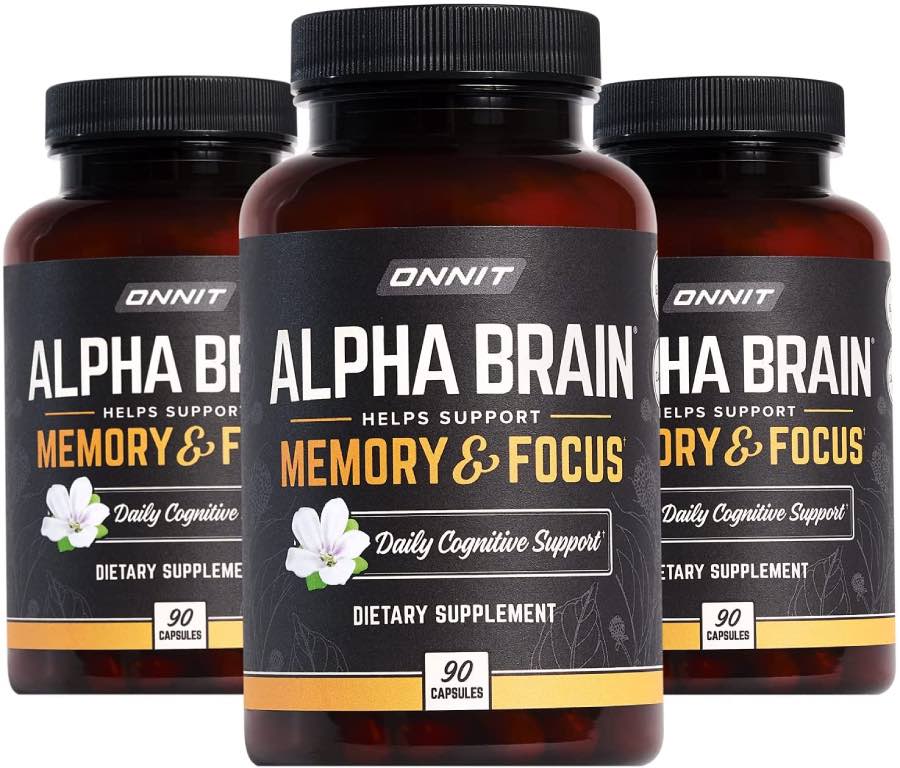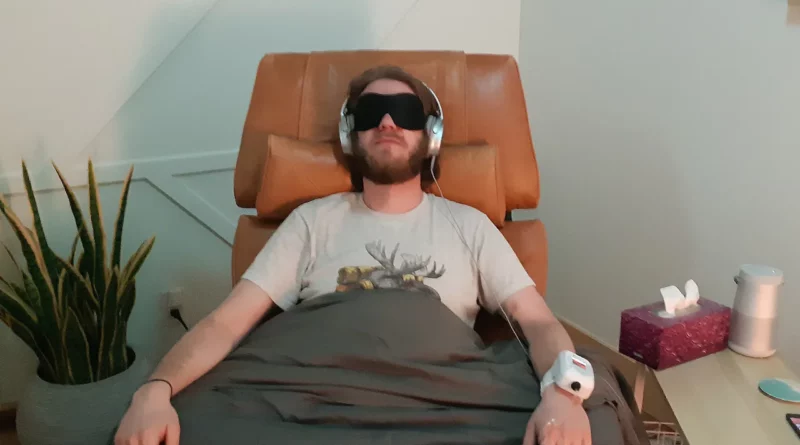Ketamine Brain: Ketamine Therapy
[Please note that this page contains affiliate links. If you choose to purchase after clicking a link, I may receive a commission at no extra cost to you.]
Ketamine has various effects on the brain; ketamine therapy works well as an antidepressant for depression and anxiety.
Neurons are nerve cells in the brain, and some are responsible for mood.
Ketamine Therapy Effects on the Brain
It uses a neurotransmitter named glutamate to communicate with one another.
These neurons need glutamate neurotransmitters so they can join in communication.
With brains found to have depression, these neurons do not communicate as efficiently with glutamate anymore.
The brains of the depressed show if it does not receive adequate glutamate, their receptors become deactivated.
Those depressed people who receive ketamine psychedelic therapy, these neurons connections regrow new glutamate receptors.
Ketamine psychedelic therapy creates neurogenesis (the growth of new brain cells), ketamine produces new glutamate receptors, which form new connections.
New studies indicate that though ketamine therapy’s primary goal is glutamate, it must have opioid receptors, too, for its antidepressant effects.
Since 2011, Steven Levine, MD, through ketamine therapy, has treated more than 3,000 patients as an antidepressant.
Worldwide, Levine explains, 10,000-15,000 people have been treated with ketamine therapy.
He says that ketamine therapy is excellent for depression and medication-resistant depression and anxiety.
Ketamine Therapy for Depression
Why is it an excellent choice to try ketamine when there are many great, FDA-approved antidepressants?
“As we have a mental health epidemic happening today and we see regular medications for depression just aren’t as effective,” Levine says.
“Ketamine may not be FDA-approved for depression just yet, but 70% of the prescriptions today are ‘off label’ for its use for at least one ailment.”
Antidepressants typically are not fast-acting.
It takes a minimum of weeks and sometimes months before a person feels any relief from the depression and its severe and sometimes life-threatening symptoms.
These antidepressants usually cause insomnia, nausea, drowsiness, dry mouth, short-term memory loss, forgetfulness, and constipation.
As well as one of the most common symptoms: weight gain.
“Where ketamine offers none of these negative symptoms associated with antidepressants,” Levine explains.
Dr. Steven Levine added that ketamine therapy is fast-acting, perhaps the most essential factor of this therapy.
“Ketamine therapy is an excellent option for those patients where all other therapy and medication has failed them,” Levin says.
An IV infusion gives it through the arm, and usually, the ketamine effects can last from days to weeks depending on the person.
“Usually it is given in a tapering sequence where the patients get three infusions the first week, then two in the second week, then finally once a week for the next three weeks, then doing once per month follow-ups if needed,” Dr. Levine explains.
Ketamine also seems effective for bipolar disorder, but Levine explains it is not recommended for those experiencing active psychosis or mania. Likewise, it is not recommended for children.


